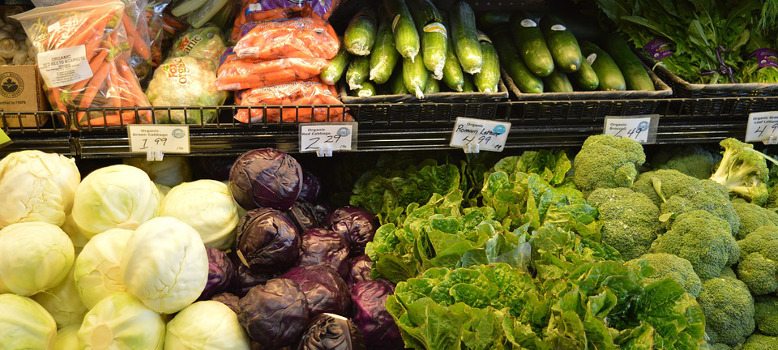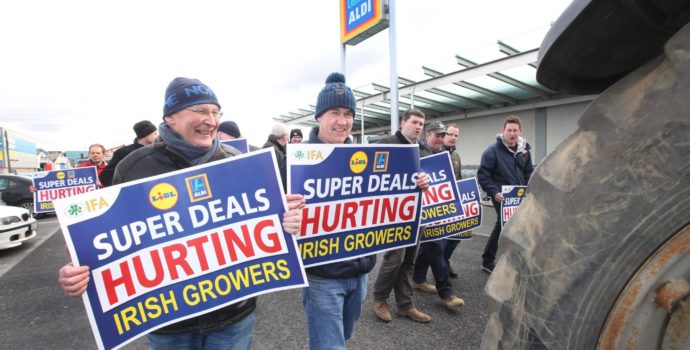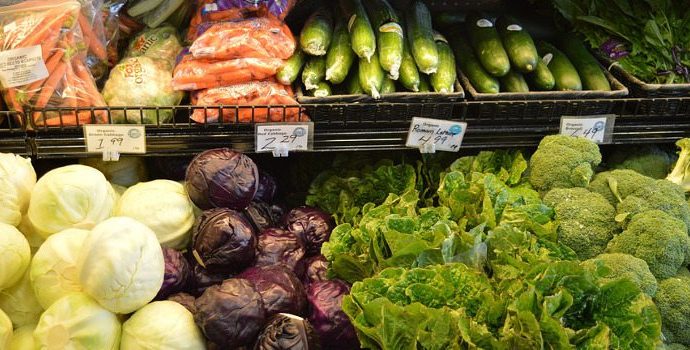A Strong Independent Retail Regulator Needed to Protect Producers

IFA President Joe Healy today briefed members of the Joint Oireachtas Committee on Agriculture, Food & the Marine of the Unfair Trading Practices (UTPs) used by retailers in their dealings with producers. He outlined the draft EU Directive on this area and urged Government to adopt its recommendations, as soon as it is enacted.
“The 2017 CAP Consultation showed that 97% of EU consumers are in favour of the farmer getting a better share of the retail price. Irish farmers produce some of the best food in the world and what we are seeking in return, is a fair price, nothing more and nothing less. The retailer gets 51% of the final price, the processor gets 28%, but the farmer only gets 21%.”
He said that a strong independent retail regulator is urgently needed to protect producers against UTPs. The Competition and Consumer Protection Commission (CCPC) currently holds this role.
“The single biggest issue for farmers is that they have no confidence in the CCPC to enforce the regulation as it stands. Everyday examples of UTPs are late payments, cancellation at short notice of perishable food product order and changing terms of a contract without any notice. This is going on all the time and the CCPC is just sitting on its hands,” he said.
He noted that in September, the CCPC announced that it was about to start inspections in the grocery sector to ensure traders are complying with their obligations and said that while welcome, it should have happened much sooner.
“These regulations were introduced in April 2016, and most farmers either supplying the retailers directly or indirectly through a wholesaler, have no contracts. This is a blatant breach of the Regulations and the CCPC have been invisible in the policing and enforcing of them,” he said.
In Ireland, the three biggest retailers – Tesco, Supervalu / Centra and Dunnes control 70% market share, while five retailers – adding Aldi and Lidl – bring this to 94%. Across Europe, there is evidence that retailers who dominate the market to this extent abuse their market power to drive prices to the floor, in some cases to below the cost of production.
Joe Healy said, “The establishment by the Government of a visible and active independent Retail Regulator would give confidence to farmers that their complaints would be taken seriously and pursued. The proposed Directive holds up the UK model as best practice, and this is the model that IFA wants the Irish Government to follow”.



